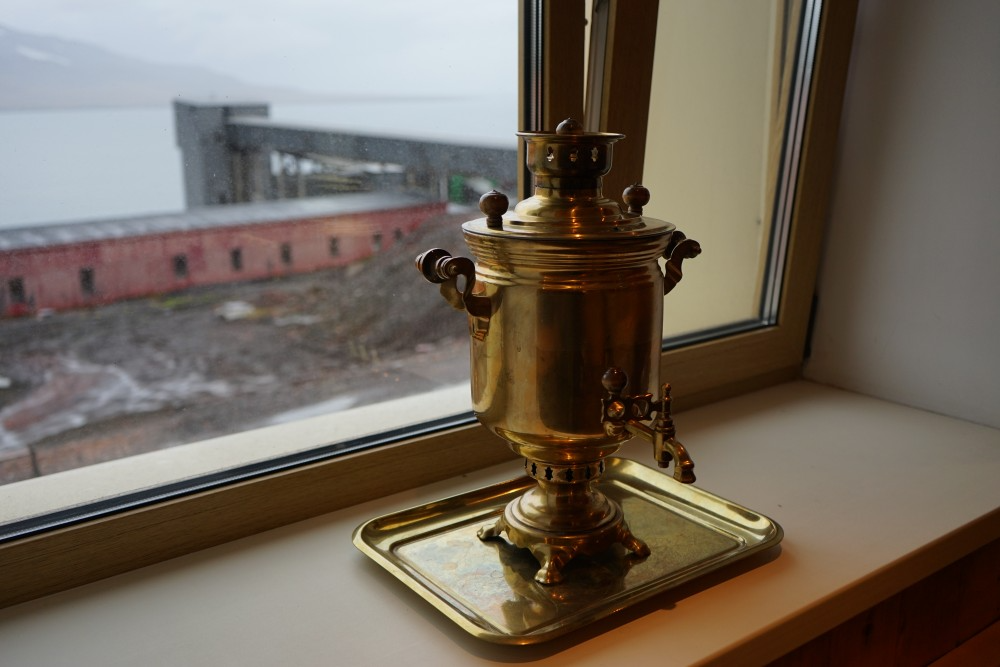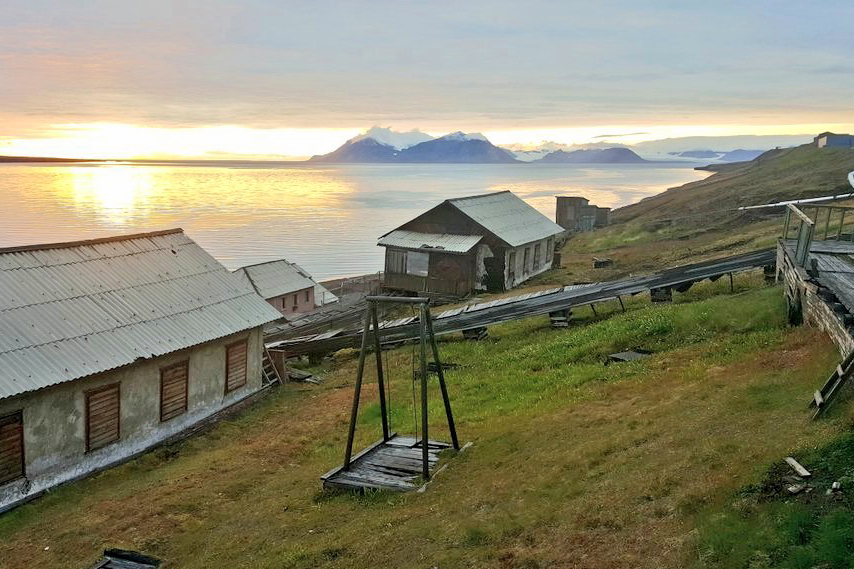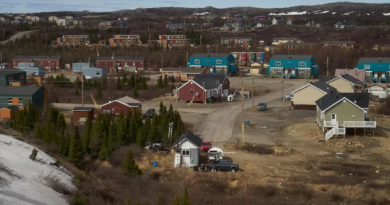Russia plans Svalbard science complex in cooperation with “friendly states”

The new science and research center will be built on the same model as the hyped Snowflake station to appear on the Yamal Peninsula.
By using hydrogen, the new research complex will have zero emission of climate gases from its power production, Russia’s Minister for the Development of the Far East and the Arctic, told state-operated news agency TASS.
“We have the Snowflake station in Yamal, we expect to build a modern research station that will solve similar problems in Svalbard. We expect it to be an international project, Chenkunkov said.
The minister noted that partners for the project will be found among the BRICS countries (Brazil, Russia, India, China and South Africa) and other friendly countries. The term “friendly countries” was introduced by Moscow after the full-scale invasion of Ukraine last year and concerns nations that have not introduced sanctions against Russia.
Today, Russia has a few science and research institutions working in Barentsburg, the 300ish-people community looking for new ways to maintain activities at Svalbard after coal mining is supposed to be drastically reduced in the years to come.

The Kola Science Centre, a branch of the Russian Academy of Science based in Apatity, is one already present in Barentsburg.
Norway’s main Arctic science community on Svalbard, Ny-Ålesund, is home to many nations’ Arctic science fieldwork, among them both China and India. The settlement offers a wide range of shared infrastructure and laboratory services for international nature, climate and marine environment research.
Under the 1920 Svalbard Treaty, Norway has full and absolute sovereignty over the archipelago. Citizens from signatory countries, like Russia, have equal rights of abode as Norwegians. For Moscow, that is key to maintaining its presence in Barentsburg on the strategically important archipelago between the shallow Barents Sea and the deeper Norwegian Sea and Greenland Sea.
Among new ideas to replace coal mining, Arctic tourism was initiated a few years back, but not to the level as Moscow hoped for as a majority of tour operators in Longyearbyen last fall decided to cancel cooperation with the Russian state owned company in Barentsburg following the war in Ukraine.

Last year, the Russian State Space Corporation Roscosmos listed Svalbard as one of several global locations to host a station for the warning system for tracking dangerous objects in space.
Foreign Ministry spokesperson Maria Zakharova has repeatedly lashed out at Norway’s Svalbard policy, including the Svalsat satellite station on the mountain plateau above Longyearbyen.
All science fieldwork at Svalbard must be approved by the Governor before started.
Related stories from around the circumpolar world:
Antarctica: Antarctic changes could become tipping points with global implications, says report, Eye on the Arctic
Canada: Arctic could be ice-free as early as 2030s says study, Eye on the Arctic
Greenland: Climate change accelerating ice loss from peripheral glaciers, Eye on the Arctic
Finland: Unusually warm April weather, sunshine records in northern Finland, Eye on the Arctic
Sweden: High risk of wildfires in many parts of Sweden, including North, Radio Sweden
United States: Bering Sea ice at lowest extent in at least 5,500 years, study says, Alaska Public Media



